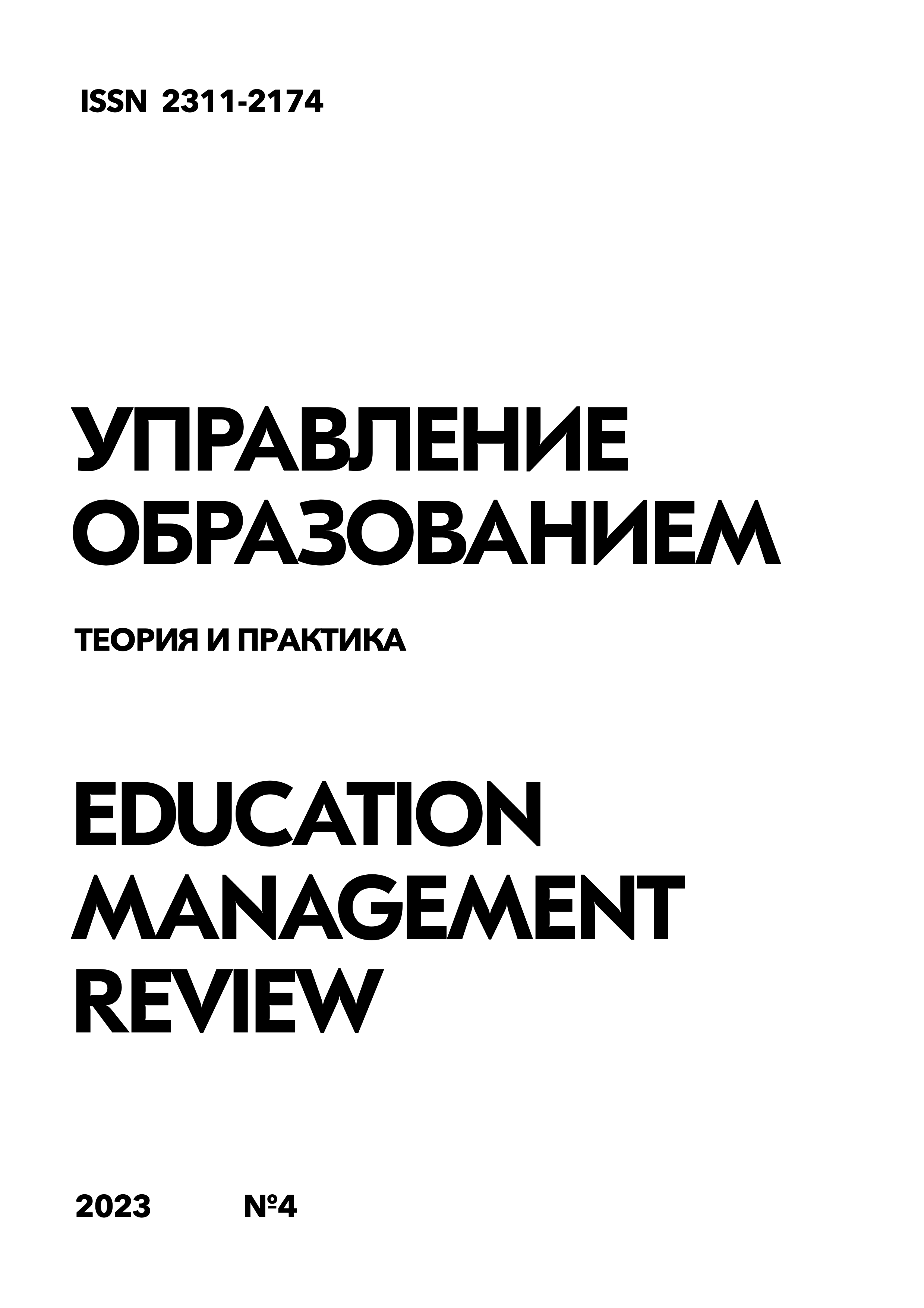On the application of mathematical methods and models to the development of the educational process
DOI:
https://doi.org/10.25726/q8944-3290-4194-x%20Keywords:
graph theory, design and optimization of the educational process using mathematical methodsAbstract
Mathematical methods and models are successfully applied in various fields, including engineering, economics and social sciences. The application of mathematical methods and models to the design of the educational process is a logical continuation of this trend. The study is devoted to the use of a block-modular approach in the design of the educational process. The modules are interconnected and form the basis of a holistic educational process. This approach allows flexible design of educational programs that can be adapted to the needs of different groups of students. When designing the educational process, the mathematical theory of graphs was used. The learning process was associated with a graph in which each module is a node, and links between modules are represented by edges. This approach made it possible to analyze the educational process holistically and identify potential shortcomings of the process at the design stage. The proposed model of the educational process, developed using a block-modular approach and mathematical graph theory, made it possible to create optimal educational programs that take into account the level of development of students, negative factors that may affect their learning outcomes. The model can be used not only to develop and analyze work programs, but also to assess the quality of education. Qualitative and quantitative assessments of the model can be used by the supervisory departments of higher education institutions to ensure that educational programs meet the necessary requirements.
References
Голуб Е.В. Математические методы в управлении образованием // Проектирование и технология электронных средств обучения. 2014. № 3 (39). С. 23–32.
Григорьева Е.Ю. Математические методы и модели в управлении образовательной организацией // Научный журнал «Инновационная экономика и управление». 2022. Т. 1. № 3. С. 12–16.
Исакова Е.В., Жуковский Е.С. Математические методы в организации учебного процесса // Проблемы современной науки и образования. 2021. № 1. С. 19–21.
Коваленко И.Н., Борисова Т.В. Математические модели и методы в управлении качеством образовательных услуг // Известия Тульского государственного университета. Технические науки. 2013. № 1-1. С. 186–192.
Лапыко Т.П., Тонких А.П., Данилова Т.В. Управленческие аспекты образовательной деятельности преподавателя вуза // Управление образованием: теория и практика. 2020. № 3(39). С. 57- 65.
Петрушин В.Г. Моделирование учебного процесса в техническом вузе // Вестник Кемеровского государственного университета. 2015. № 4. С. 150–156.
Романов С.Н. Моделирование и оптимизация учебного процесса на основе математических методов // Научно-методический электронный журнал «Концепт». 2020. № 5. С. 120– 123.
Смолянинова О.В. Применение математических методов в процессе обучения вычислительной математике // Информатика и образование. 2019. Т. 23. № 3. С. 83–87.
Шишов В.В. Применение математических методов и моделей в обучении дискретной математике // Информатика и образование. 2018. Т. 22. № 3. С. 110–116.




